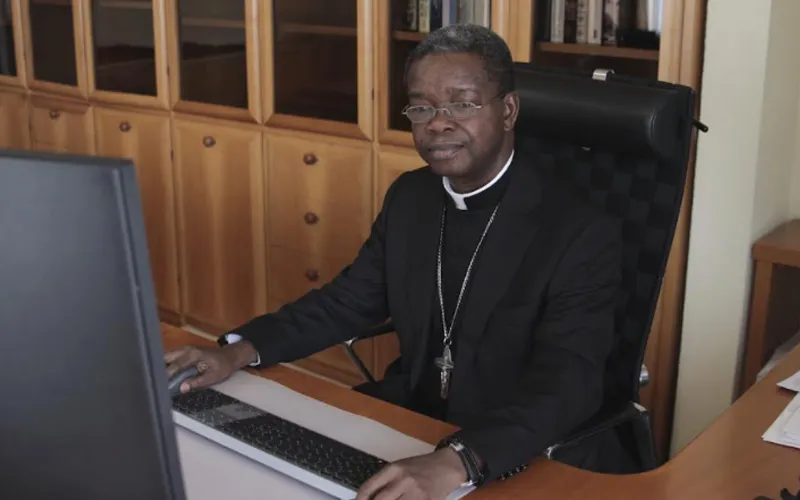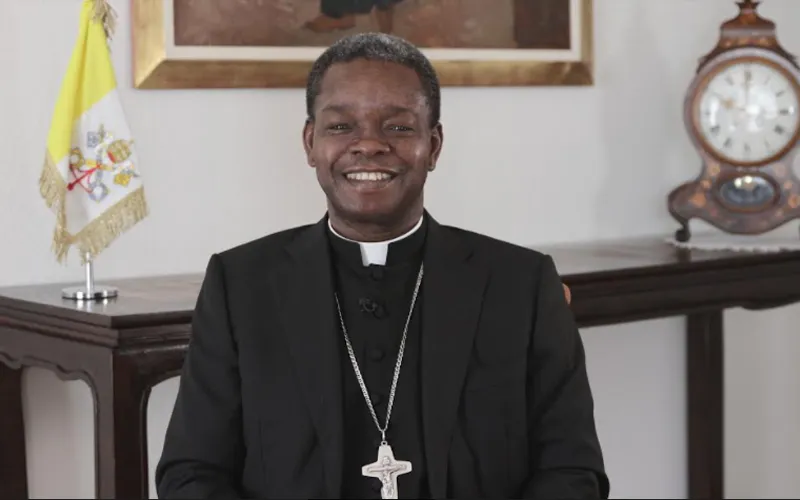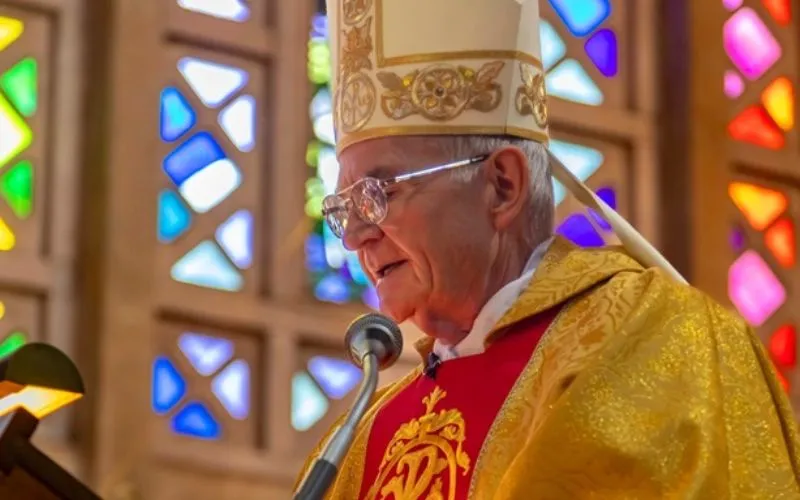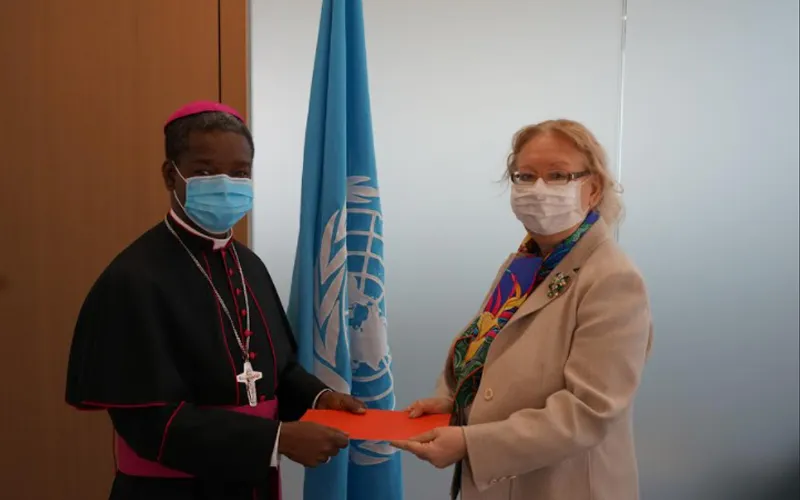“The High Priest is a bridge builder; and that is our work as diplomats and as Priests. We are supposed to be first and foremost bridge builders carrying on with the mission of Jesus Christ, of building bridges between God and humanity,” said the Catholic Archbishop who was appointed the Holy Permanent Observer to the UN in December 2021.
He continued, “As Priests, as other Christs among our people, we are supposed to be Pontifical, and that is also what it means by representing the Pope, who is now the supreme pontiff; we are supposed to be Pontifical in our mission, that is, we are supposed to be bridge builders. A diplomat is essentially a bridge builder.”
The Nigerian Diplomat who is also serving at the World Trade Organization (WTO) and represents the Holy See Representative at the International Organization for Migration (IOM) further said that a Permanent Observer to the UN “goes to facilitate peaceful relationships between governments and between nations.”
“That should not surprise us because if you do not have people that facilitate good relations between nations, the danger will be that of having people pursuing their own personal interests, which often conflict with one another,” Archbishop Nwachukwu the representative of the Holy See to the European Office of the UN told CNA Deutsch March 16.
He noted that the “Priest is essentially a diplomat first and foremost in searching for a good relationship between human beings and God. But as Priests, diplomats, we also carry that further to the forum of nations, bringing to this forum what we are trained to be, what we are ordained to be, and that is pontifical meaning bridge builders.”
“Being a Priest and being a diplomat are not contradictory,” Archbishop Nwachukwu further said, and explained, “Being a Priest and being a diplomat could actually be complimentary. They complete one another. Of course, we have to understand being a diplomat in the right sense. Diplomacy does not mean having a double tongue, as people think from the word, for example, duplex or duplicate.”
“We know that the original word diploma means a folded document, and that means a certificate. So, we are supposed to be people that are certified, that carry the certificate given to us by the supreme pontiff to become bridge builders in his name and through him in the name of Jesus Christ,” the native of Africa’s most populous nation explained.
 Credit: CNA Deutsch/EWTN
Credit: CNA Deutsch/EWTN
In the March 16 interview, the 61-year-old diplomat also reflected on the Russia-Ukraine conflict saying, “We are all praying for Ukraine, because the UN is a platform, it is a forum for dialogue and a meeting place for the parties involved in the conflicts, and also a meeting place of the allies of both parties involved in the conflict. We cannot reach durable peace, lasting peace without dialogue.”
The Archbishop who doubles as a representative of the Holy Father in various Caribbean Island nations, including Trinidad and Tobago, Antigua and Barbuda, Saint Lucia, Grenada, Bahamas, Suriname, and Belize, among others, said, “Peace that is imposed is only war that is postponed, while peace that is agreed, peace that is reached through dialogue, is lasting peace.”
 Credit: CNA Deutsch/EWTN
Credit: CNA Deutsch/EWTN




 Credit: CNA Deutsch/EWTN
Credit: CNA Deutsch/EWTN Credit: CNA Deutsch/EWTN
Credit: CNA Deutsch/EWTN


